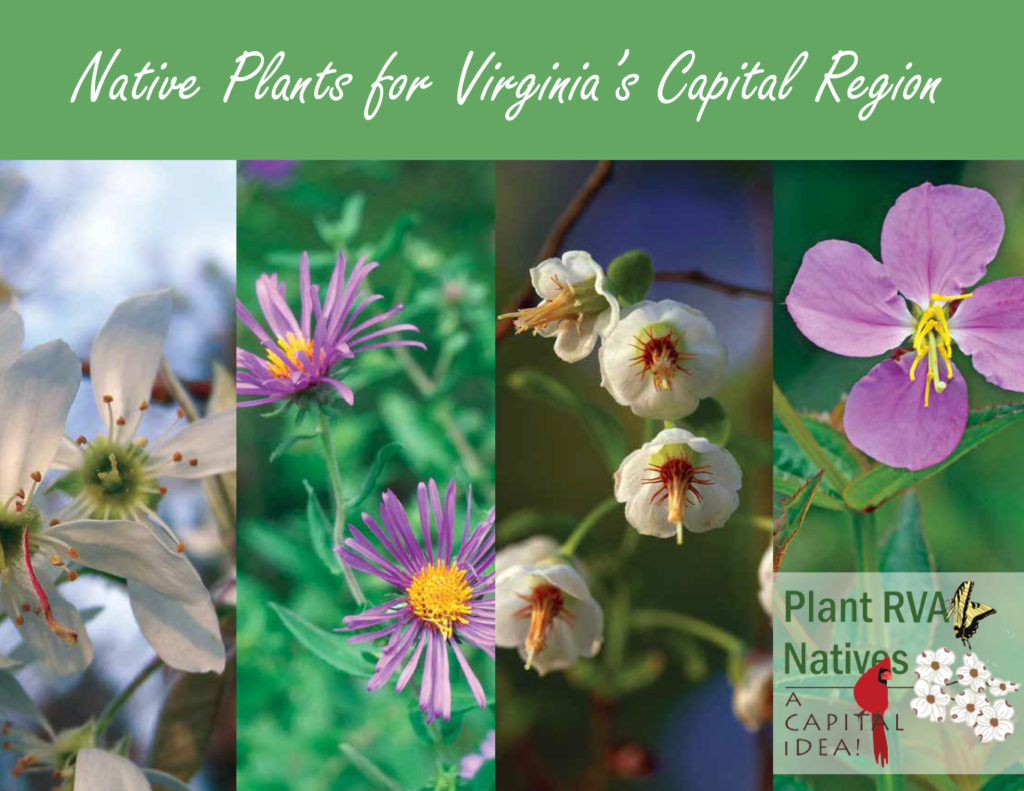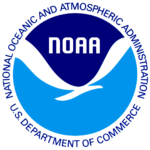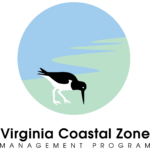Plant RVA Natives
Plant RVA Natives
PlanRVA partnered with the Virginia Coastal Zone Management Program and other stakeholders across the region to develop the Plant RVA Natives campaign. The Plant RVA Natives campaign encourages residents of the region to consider using native plants in their landscapes. For more information about Virginia native plants and the Plant RVA natives campaign, see the Plant Virginia Natives website. https://www.plantvirginianatives.org/
Plant Virginia Natives
In North America, plant species are generally described as native if they occurred here prior to European settlement. This distinction is made because of the large-scale changes that have occurred since the arrival of the European settlers. Native plant species have evolved within specific regions and been dispersed throughout their range without known human involvement. These plants form the primary structure of the living landscape and provide food and shelter for native animal species, including migratory birds and pollinators.
Regional Native Plant Lists
See the regional native plant campaign pages for regional native plant lists for the Eastern Shore, Northern Virginia, Northern Neck, Southeast Virginia, Central Rappahannock, and the Virginia Capital Region.
RVA Natives – Flowers, Ferns, Shrubs, and Trees
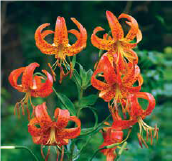
Turk’s-cap Lily (Lilium superbum)
Largest and most spectacular of the native lilies of our region; up to 40 flowers have been recorded on a single plant.
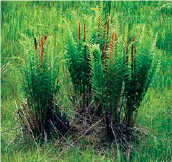
Cinnamon Fern (Osmundastrum cinnamomeum)
Fuzz covering young fiddleheads is a favorite bird nesting material. Hosts three species of native caterpillars, including the Osmunda Borer moth (Papaipema speciosissima).
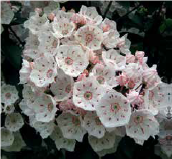
Mountain Laurel (Kalmia latifolia)
Stamens of its flowers have a springlike mechanism which spreads pollen when tripped by a bee. Birds and small mammals eat fruit.
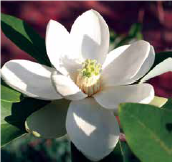
Sweetbay Magnolia (Magnolia virginiana)
Attractive, aromatic, showy ornamental. Seeds are a good source of food for birds in fall. It is the larval host of the Sweetbay Silkmoth (Callosamia securifera).


